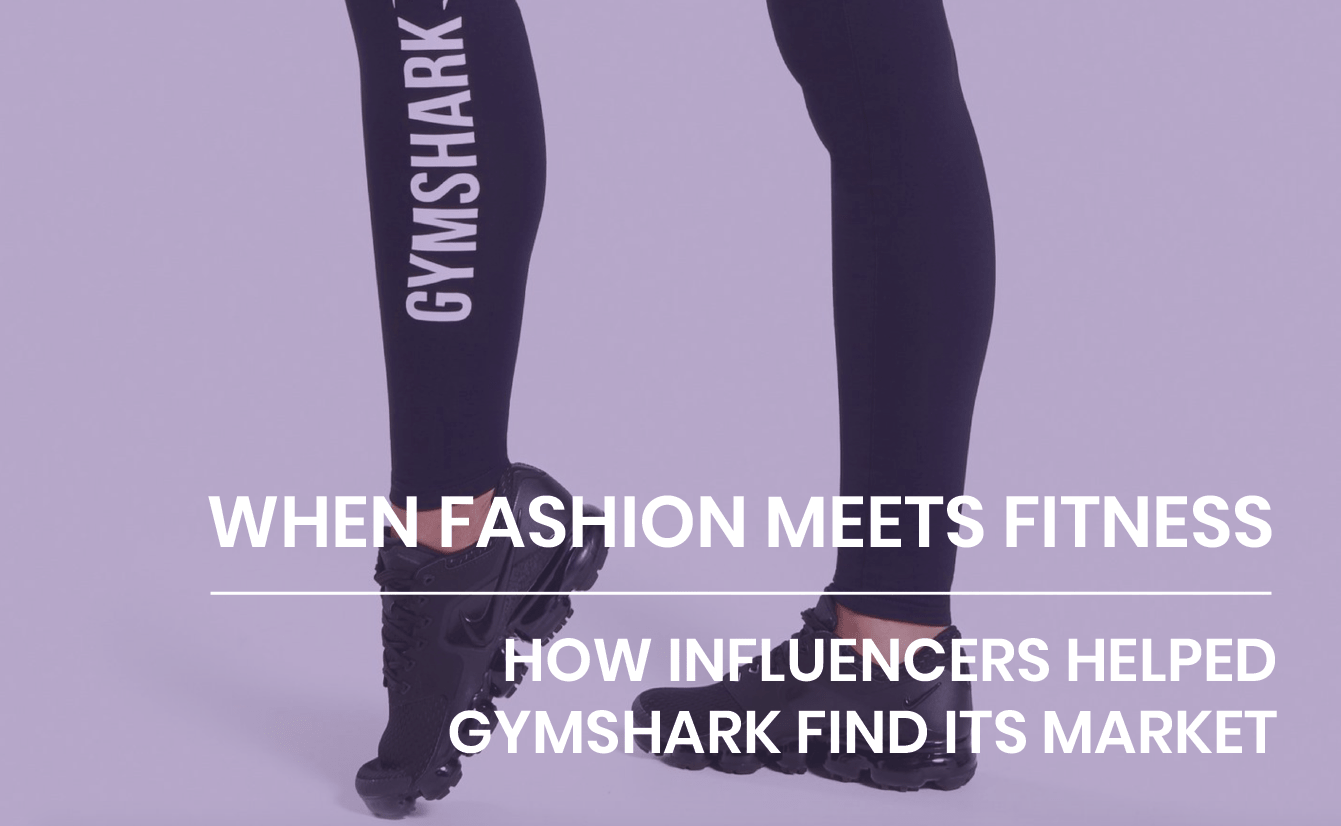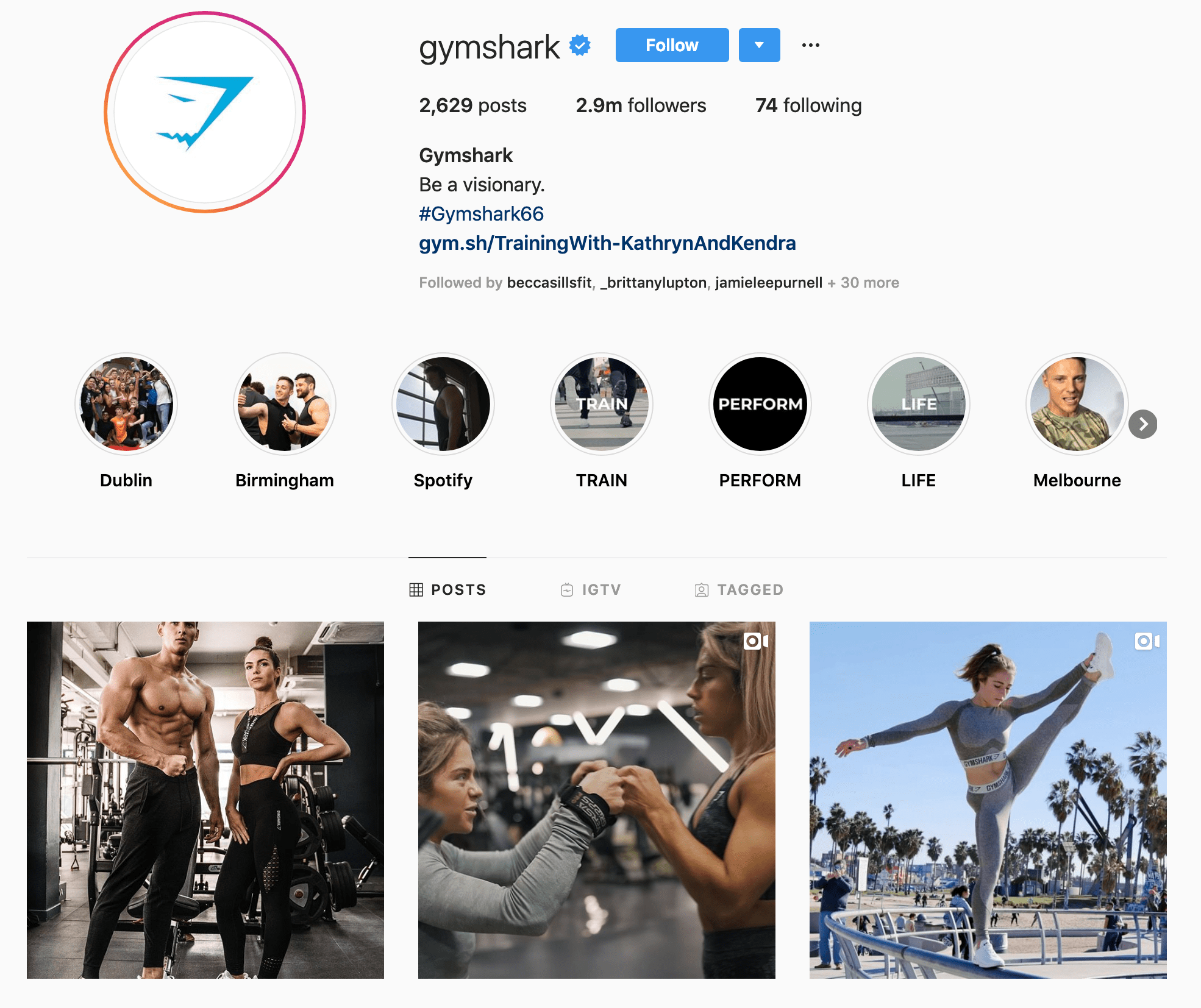
The fashion and beauty sectors lead the way when it comes to spending on influencer marketing campaigns. Witness research carried out last year by marketing industry analytics company, CampaignDeus. Based on a survey of around 4,500 UK influencers, the report found that 34% of branded posts were fashion and style related, while beauty accounted for 23%.
But that is by no means the whole story. When the survey focused on growth, fitness emerged as the sector that was expanding most rapidly in terms of the number of branded posts.
And perhaps that should come as no surprise. There are around 10 million gym members in the UK, representing about one in seven of the population. Added to that are the millions of people who take part in all manner of physical activity outside the gym. It’s estimated that the UK fitness industry is now worth around £5bn. Hence the rapid growth in fitness-related influencer posts.
Brands that are seeking to connect with a passionate, committed and — very often — style-conscious audience have no shortage of influencers with whom they can work. From bodybuilders and runners through to nutritionists and sports-focused fashionistas, social media is home to a sizeable and growing number of fitness gurus.
Which is good news, not only for the big fitness brands, but also for up-and coming businesses that are tapping into the power of influencers to raise awareness of their products and services.
Gymshark case study
Gymshark is a case in point. Founded by Ben Francis in 2012, the company grew so rapidly in its first few years that it made into the Sunday Times Fast Track list by 2016. Neatly straddling the fashion/style and fitness sectors, Gymshark’s clever use of influencers played (and continues to play) a crucial part in its growth.
Like a great many businesses. Gymshark was born out of the frustrations of the founder. In this case, Francis — himself a fitness enthusiast — looked at a gymwear market that was dominated by garishly coloured clothing that did not suit his own tastes. Seeing a gap in the market, he created a range of handmade garments that could be worn to the gym and also on the street.
Forging influencer relationships
The big question facing any young company trying to gain traction in a competitive market is how do you get the products in front of potential buyers? Or perhaps more fundamentally, how do you create a desirable brand with only limited resources.
Social media was the obvious channel, with influencers offering a means to build the brand.
In practical terms, that initially meant forging relationships with bodybuilders – and particularly those with established follower bases on Youtube. Gymshark sent them the products for review and their online responses created awareness of the product.
To be more precise, several of Youtube’s iconic bodybuilders took to wearing and promoting Gymshark’s “fit tracksuits,” on their Youtube videos and, ultimately, at a Bodypower event in 2014. Buoyed by this success, Gymshark extended its influencer programme by sponsoring selected Youtubers, Instagrammers and bloggers, with a combined following of more than 20 million people.
Sales Boost
The proof of the pudding is in the bottom line. It’s often said that the impact of influencer marketing can be difficult to evaluate – at least in precise terms. But in the case of Gymshark, it is undeniable that the company rang up sales of £41m in the year to July, 2018, almost triple the figure recorded in the previous year.
Sports & fitness influencer sector
Gymshark is, of course, not alone in its use of influencers. According to research carried out by affiliate marketing network, Awin, three fifths of of sports and fitness clothing brands work with influencers and a high percentage of them (49%) have identified an increase in revenues as a result.
There is no single approach to managing the relationship with influencers. In some cases, it’s simply a question of providing free clothing (65% ). However 51% said they paid influencers amd 44% offered discounts. More than half of those taking part intended to increase their spending.
But the key to success is finding the right influencers. The fitness clothing market is particularly – although not exclusively – interesting to Millennials. Happily, that is the same generation that is most likely to follow their favourite fitness gurus on Instagram, Youtube, Facebook or via blogs.
What the most successful brands do is identify and work with the influencers who have the greatest appeal to their target demographic. For those who get it right, the reward is higher sales.
And as Gymshark has demonstrated, in terms of building brand awareness, influencer marketing can be a great leveller – one that helps put young companies on the map in a market that might otherwise be dominated by big brands.
about
InfluBase is a micro influencer agency based in Soho, London. We bring creators and marketeers together to create powerful partnerships.
InfluBase is a division of ContentStars Ltd.
Location
Royalty House, 72 – 74 Dean Street, London W1D 3SG
Terms & Conditions
Privacy Policy | Terms of use | Cookie Policy | FAQs
© 2022 ContentStars Ltd. | All rights reserved
InfluBase is a full service influencer marketing agency based in Covent Garden London. We build and maintain our own talent pool of micro-influencers who are pre-qualified to work with a range of brands in many sectors.
Location
71-75 Shelton St, London WC2H 9JQ

